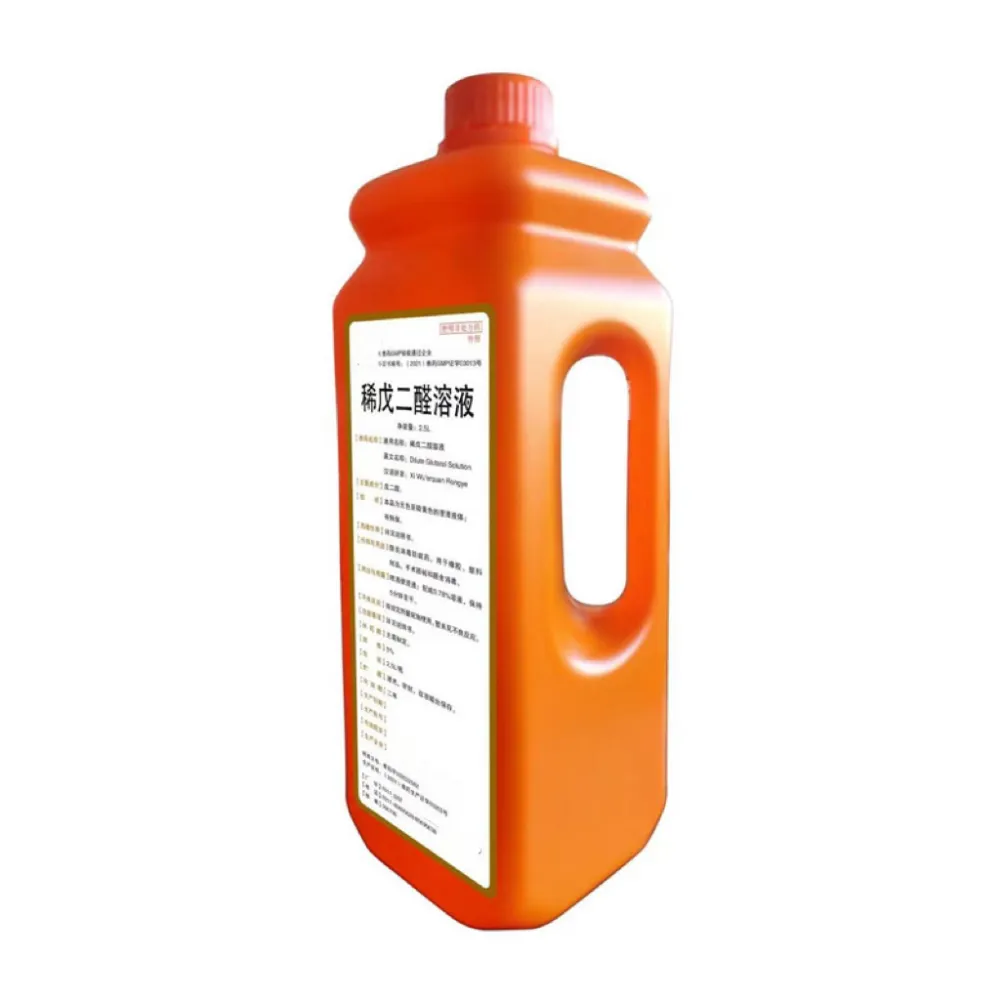- Afrikaans
- Albanian
- Amharic
- Arabic
- Armenian
- Azerbaijani
- Basque
- Belarusian
- Bengali
- Bosnian
- Bulgarian
- Catalan
- Cebuano
- Corsican
- Croatian
- Czech
- Danish
- Dutch
- English
- Esperanto
- Estonian
- Finnish
- French
- Frisian
- Galician
- Georgian
- German
- Greek
- Gujarati
- Haitian Creole
- hausa
- hawaiian
- Hebrew
- Hindi
- Miao
- Hungarian
- Icelandic
- igbo
- Indonesian
- irish
- Italian
- Japanese
- Javanese
- Kannada
- kazakh
- Khmer
- Rwandese
- Korean
- Kurdish
- Kyrgyz
- Lao
- Latin
- Latvian
- Lithuanian
- Luxembourgish
- Macedonian
- Malgashi
- Malay
- Malayalam
- Maltese
- Maori
- Marathi
- Mongolian
- Myanmar
- Nepali
- Norwegian
- Norwegian
- Occitan
- Pashto
- Persian
- Polish
- Portuguese
- Punjabi
- Romanian
- Russian
- Samoan
- Scottish Gaelic
- Serbian
- Sesotho
- Shona
- Sindhi
- Sinhala
- Slovak
- Slovenian
- Somali
- Spanish
- Sundanese
- Swahili
- Swedish
- Tagalog
- Tajik
- Tamil
- Tatar
- Telugu
- Thai
- Turkish
- Turkmen
- Ukrainian
- Urdu
- Uighur
- Uzbek
- Vietnamese
- Welsh
- Bantu
- Yiddish
- Yoruba
- Zulu
ਦਸੰ. . 10, 2024 00:30 Back to list
Optimal Dosage Guidelines for Multivitamin Injections in Clinical Settings
The Role and Dosage of Multivitamin Injections A Comprehensive Guide
Multivitamin injections are increasingly being recognized as an effective method for delivering essential nutrients directly into the bloodstream. Unlike oral supplements, which must pass through the digestive system, injections allow for faster absorption and higher bioavailability of vitamins and minerals. This method is particularly beneficial for individuals with specific health concerns, malabsorption issues, or those who require immediate boosts in their nutrient levels.
Understanding Multivitamin Injections
Multivitamin injections typically contain a combination of essential vitamins and minerals, such as B vitamins, vitamin C, vitamin D, and minerals like magnesium and zinc. These nutrients play critical roles in various bodily functions, including energy production, immune support, and overall well-being. Injections may be administered intramuscularly (into a muscle) or intravenously (into a vein), depending on the intended usage and the healthcare provider’s recommendation.
The Benefits of Multivitamin Injections
1. Enhanced Absorption The primary advantage of multivitamin injections is their ability to bypass the digestive tract, allowing for rapid and efficient nutrient absorption. This is especially beneficial for individuals with gastrointestinal disorders or those who have undergone gastrointestinal surgeries that impair nutrient uptake.
2. Increased Bioavailability Injections can provide higher concentrations of vitamins and minerals in the bloodstream compared to oral supplements. This can be particularly important in addressing deficiencies and quickly replenishing nutrient levels.
3. Customized Nutrient Support Healthcare providers can tailor multivitamin injections to meet individual needs, adjusting the formulation based on specific health conditions, dietary restrictions, or therapeutic goals. This customization makes it a compelling option for patients with unique nutritional requirements.
4. Convenience For those who struggle with swallowing pills or have dietary restrictions, injections offer a practical alternative to traditional supplements. They can also be administered in a clinical setting or at home, making it easier for patients to adhere to their health regimens.
Determining the Proper Dose
The dosage of multivitamin injections varies widely based on individual health needs, existing deficiencies, and the specific formulation used. Health professionals assess several factors before determining the appropriate dose
multivitamin injection dose

1. Nutritional Status A thorough evaluation of the patient’s dietary habits and medical history is crucial. Blood tests may be conducted to identify deficiencies and optimize the formulation used in the injections.
2. Age and Health Conditions The dosage may differ based on age, weight, and pre-existing health conditions. For example, pregnant women, athletes, or individuals recovering from surgery may require higher doses to support their specific needs.
3. Frequency of Injections Depending on the formulation and the individual's requirements, injections may be administered weekly, biweekly, or monthly. The frequency will impact the overall dosage over time.
A typical multivitamin injection might contain
- Vitamin B12 1000 mcg - Vitamin C 500 mg - Vitamin D 50,000 IU (when needed) - Magnesium 200 mg - Zinc 25 mg
These dosages can vary and should only be administered under the supervision of a qualified healthcare provider.
Safety and Considerations
While multivitamin injections are generally safe, they are not without risks. Adverse reactions can occur, including allergic reactions, infection at the injection site, or, in rare cases, complications from the injection process itself. It’s vital that individuals receive injections from licensed healthcare professionals to minimize these risks.
Furthermore, the necessity of multivitamin injections should be evaluated against potential dietary changes. Many individuals can meet their nutritional needs through a balanced diet rich in fruits, vegetables, whole grains, and lean proteins without the need for injections.
Conclusion
In summary, multivitamin injections can be a valuable tool for enhancing nutrient absorption and addressing specific deficiencies. When used appropriately and tailored to the individual’s needs, they can significantly improve overall health and well-being. However, it is essential to work closely with a healthcare provider to determine the necessity and proper dosage of these injections, ensuring safety and efficacy in achieving optimal health outcomes.
-
Guide to Oxytetracycline Injection
NewsMar.27,2025
-
Guide to Colistin Sulphate
NewsMar.27,2025
-
Gentamicin Sulfate: Uses, Price, And Key Information
NewsMar.27,2025
-
Enrofloxacin Injection: Uses, Price, And Supplier Information
NewsMar.27,2025
-
Dexamethasone Sodium Phosphate Injection: Uses, Price, And Key Information
NewsMar.27,2025
-
Albendazole Tablet: Uses, Dosage, Cost, And Key Information
NewsMar.27,2025













